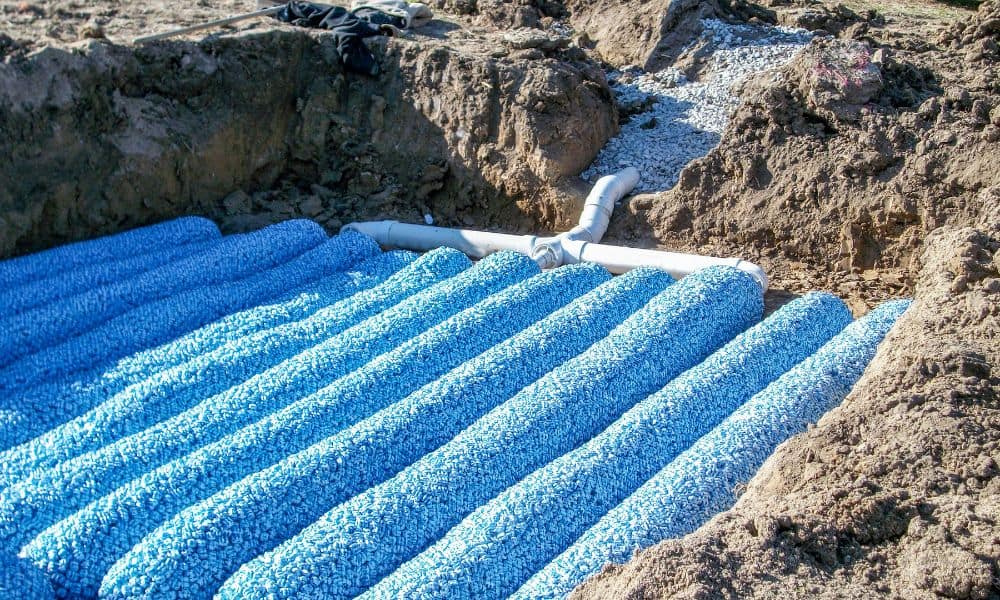How Often Should Leach Lines Be Replaced?
Leach lines, an integral component of septic systems, are responsible for properly dispersing treated wastewater into the soil. The frequency at which leach lines need replacement is not set in stone, as it greatly depends on factors such as soil type, system usage, maintenance, and environmental regulations.
Let’s look at how often leach lines should be replaced and what factors contribute to their lifespan.
Factors Contributing to Leach Line Lifespan
Soil Type
The soil type on which you install the septic system is crucial in determining how often you should replace leach lines. For instance, sandy or loamy soil allows for better drainage and absorption of wastewater, leading to less strain on the leach lines. In contrast, clay or rocky soil hinders proper drainage and can cause clogging, leading to more frequent replacements.
System Usage
The amount of wastewater a household produces also affects the lifespan of leach lines. A larger household with more water usage will put more strain on the system and require more frequent replacements than a smaller household.
Maintenance Schedule
Regular septic tank maintenance and pumping can significantly extend the lifespan of leach lines. Failing to adhere to recommended maintenance schedules can result in buildup and clogging, leading to premature failure of the leach lines.
Environmental Regulations
Some environmental regulations require regular inspection and replacement of leach lines after a certain period. These regulations are put in place to ensure the safety and proper functioning of septic systems and protect the surrounding environment.
Signs That Leach Lines Need Replacement
While there is no set timeframe for leach line replacement, some signs indicate it may be time for a replacement. These include:
- Slow draining or backup in plumbing fixtures
- Foul odors around the leach field
- Patches of overly lush or wet grass in the leach field area
If you notice any of these signs, have a professional inspect and assess the condition of your leach lines. Ignoring these signs can lead to more significant problems and costly repairs.
There is no one-size-fits-all answer to how often leach lines should be replaced. It is essential to consider the factors contributing to their lifespan and regularly monitor for signs of failure. Maintaining a healthy septic system and adhering to environmental regulations can help prolong the lifespan of leach lines and avoid costly replacements.
If you need septic leach line repair and replacement services, Fletcher’s Plumbing & Contracting can help. Our team of experienced professionals can assess your system and provide the necessary repairs or replacements to ensure the proper functioning of your septic system. Contact us today for more information.

